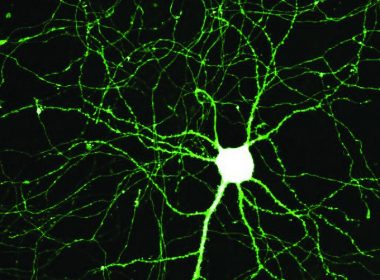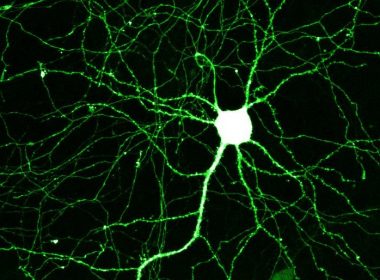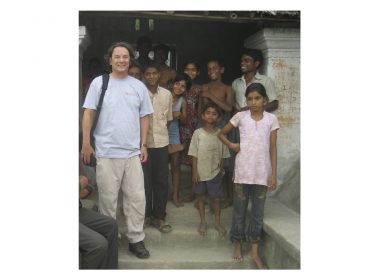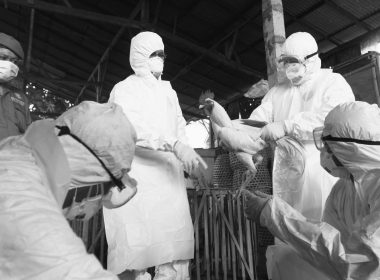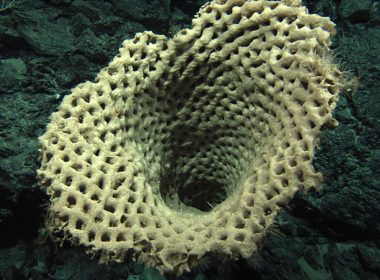The Dent Lab in the Stewart Biology building is humming with activity. Run by Dr. Joseph Dent, an associate professor and researcher at McGill University, the lab focuses on the molecular genetics of the behaviour in C. elegans, a nematode roundworm. Specifically, the lab’s research focuses on understanding the structure[Read More…]
Search Results for author "Caity Hui"
Does chocolate make you smarter?
As it becomes increasingly difficult to find a seat at McLennan, it’s clear midterms are fully underway at McGill. Although these tests make up less of our grades than finals, many students will do whatever it takes to perform well. Tactics range from taking up residence in the library to[Read More…]
Why do we fall in love?
For some, the key to success on Valentine’s Day consists of an amalgamation of romantic gestures, boxes of chocolate, and dinner dates. However, no number of roses, Laura Secord truffles, or Chardonnay can amount to the necessary spark in our brains to fuel love. While common notions of romance suggest[Read More…]
Up close and personal with the human brain
Not many students can say they have touched a human brain, but thanks to the Neuroscience Undergraduates of McGill (NUM), I— along with around 130 other McGill students—can attest to holding not one, but six. On Jan 30, NUM hosted the first event of its kind at McGill: Touching Human[Read More…]
Communication critical step in combating tropical disease
For Greg Matlashewski, a McGill professor and former chair of the department of microbiology and immunology, branching out from the lab and into the field had many positive results for his work regarding treatment for visceral leishmaniasis. Visceral leishmaniasis, transmitted by sandfly bites, is one of many neglected tropical infectious[Read More…]
Avian flu mutation has even deadlier potential
In 2011, when scientists at the Erasmus Medical Center in the Netherlands pinpointed the necessary mutations to make the H5N1 avian flu virus highly contagious, they had to weigh the risks and benefits of their discovery. H5N1—commonly known as the bird flu—first broke out in Hong Kong in 1997. A[Read More…]
This Week in Research
Earth-like planets If extraterrestrial life does exist in outer space, planet KOI-172.02 is a good candidate to host life similar to that on Earth. Using the Kepler space telescope to find planets, scientists at NASA have detected at least 17 billion Earth-like planets surrounding Sun-like stars in the Milky Way.[Read More…]
Why You Should Eat More Curry
What exactly is Alzheimer’s? Often referred to as “Old timer’s disease,” Alzheimer’s is a type of dementia that affects nearly 36 million people worldwide. It causes problems with memory, thinking and behaviour, and is classified as a progressive illness, which means that symptoms will gradually worsen over time. Whereas someone[Read More…]
This Week in Research
Vitamin D and cancer Vitamin D is correlated with many health benefits, including lower cancer risk; but until now, the link has always been unclear. McGill researchers have uncovered a piece of the puzzle, explaining how the vitamin may help to prevent cancer. In a recent study published in[Read More…]
Ocean may yield cystic fibrosis treatment
The Cystic Fibrosis Translational Research Centre at McGill University and the University of British Columbia are looking in unexpected places for potential cures—under the sea. Dr. David Thomas, Chair of McGill’s department of biochemistry and Canada Research chair in molecular genetics, focuses his research on investigating quality control of proteins.[Read More…]
